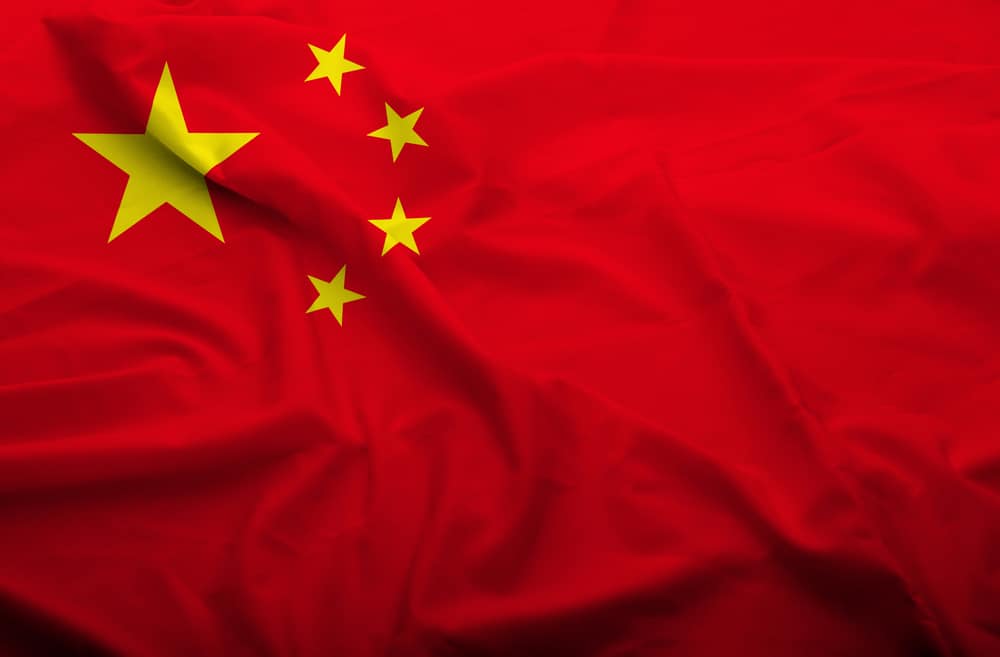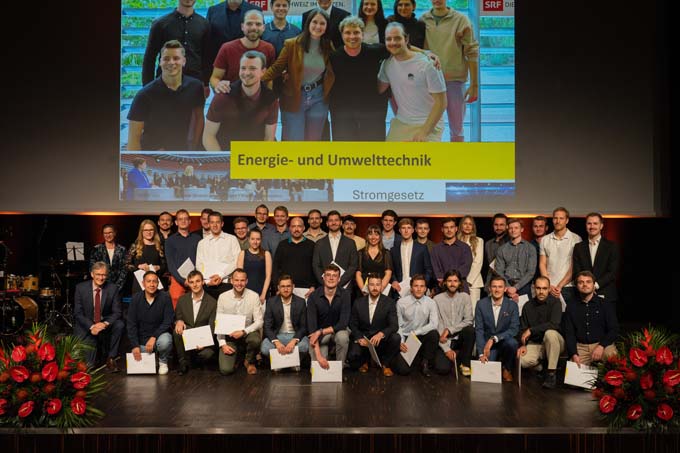Challenges for CH companies in the China market
China is a key market for the Swiss mechanical, electrical and metal industries (MEM industries). Be it for exports, but also for local activities. However, China is changing rapidly and the trade and technology conflict between China and the USA is leading to contradictory standards and legal uncertainty. New study results show the continuing high opportunities for Swiss companies on the Chinese market as well as its challenges.

Switzerland has had a special relationship with China for decades and has often been a pioneer. This includes diplomatic recognition of the People's Republic of China in 1950 and the free trade agreement with China in 2014. Swiss industry showed the same pioneering spirit. With its investments and job creation, it made an important contribution to the emergence of a middle class in China and enabled millions of people to escape poverty.
These good relations between Switzerland and China have lasted for a long time, regardless of differing views on social and economic freedom. They are important in a world that will increasingly be shaped by the US-China bipolar conflict.
Tectonic shifts between major powers have usually led to conflicts in recent centuries. Small open economies such as Switzerland have been particularly affected. They have fared well over the past 70 years, during which multilateralism, free trade and international law have shaped international relations. But they could be among the biggest losers in an era of protectionism and nationalism.
Study shows challenges for CH companies in the China market
Together with the German Engineering Federation (VDMA), Swissmem has commissioned a new study entitled "China in transition - How can the mechanical engineering sector remain successful in the face of competition?" by the Sinolytics consultancy. The study describes China's current and expected future economic policy and the challenges for industrial companies.
The study shows various liberalisation and opening steps by China in areas that are important for Swiss MEM companies. It emphasises China's large and growing involvement in international standardisation bodies, which could give its own companies a standard advantage, and also draws attention to government research funding. However, the study clearly concludes that China remains a very attractive market for cutting-edge and niche products from Switzerland.
The study also draws attention to the danger that Swiss companies operating internationally may increasingly find themselves in a legal jungle between the USA, China and other blocs. This is characterised by contradictory, extraterritorial laws. In extreme cases, companies can no longer comply with the law in all directions. An example of this is China's reaction to the policy of the USA, which placed Chinese companies on a US sanctions list. In turn, China has enacted an anti-sanctions law that exposes companies worldwide to the risk of criminal sanctions if they comply with US sanctions.
From Swissmem's point of view, this legal uncertainty is dangerous and damaging, as it either inhibits investment or encourages investments that are made according to political rather than economic criteria.
Strengthening the indispensability in diplomatic and economic terms
Swissmem is therefore calling for Switzerland to adopt a strategy consisting of three pillars:
1) Swiss companies should produce products and services that are as indispensable as possible.
Covid-19 in particular has made the public aware of what customers of Swiss industry have known for a long time: many of the companies operating here in technology fields such as automation, manufacturing technologies, sensor technology and others are global leaders in their fields. They are not only essential for general challenges such as combating covid or climate protection, but also indispensable for many customers as specific solution providers.
The best protection for Switzerland as a business location against political pressure from abroad is to have as many of these companies as possible based in Switzerland. This can be achieved through good local framework conditions as well as modern production and high-level research and development. The indispensability of Swiss companies is Switzerland's best trump card in terms of security and foreign economic policy - and not in the mantra of self-sufficiency or the attempt by politicians to tear apart supply chains and redesign them in a self-sufficient manner. Instead, politics should support the industrial gems with good framework conditions and ensure that new gems emerge or move to Switzerland.
Local companies can make their most important contribution to combating climate change or reducing poverty through their technologies as well as their jobs abroad, which have better working conditions than local companies. It is precisely through exchanges with foreign employees that our companies make a credible contribution to the spread of Western values in countries like China.
2) Indispensability of political Switzerland
Thanks to good offices and diplomatic initiatives - once again in the interest of providing solutions - our country should increasingly become indispensable to the major power blocs. Switzerland's advantages, such as International Geneva, should be revived. Such initiatives can improve the situation of populations in conflicts and thus make a significant and active contribution to stability. A positive example is the mediation in favour of the ceasefire in Mozambique by the Swiss ambassador there at the time. Other areas for Swiss initiatives include reforms of various international organisations such as the WTO, in order to reinforce multilateralism and the importance of international law and free trade.
3) Security and foreign policy neutrality
Diplomatic indispensability requires credibility, and security and foreign policy neutrality is a prerequisite for this. Switzerland should avoid being drawn into the conflicts of the great powers. As a consequence, Switzerland should only accept sanctions imposed by the UN Security Council and ensure that it is not abused as a place of circumvention. In general, sanctions and boycotts have had little effect in recent decades, but have mainly harmed the local population and sometimes even fuelled interstate conflicts.
Criticize the human rights situation in the right place and improve it in a targeted manner
These three pillars do not exclude criticism by Switzerland of human rights situations abroad. This applies to China and other states. However, such criticism should be voiced on the one hand through the platforms provided for this purpose by the UN organizations and on the other hand through bilateral dialogue. Public lectures should be avoided, discussions behind the scenes are much more effective. Swissmem therefore calls for the rapid resumption of the human rights dialogue between China and Switzerland.
Swissmem is convinced that international trade and the global activities of our companies with their 550,000 employees abroad not only improve prosperity and combat poverty, but also make a positive contribution to human rights. With the strategy presented, our companies and Switzerland can best assume their global responsibility.
Press release Swissmem









